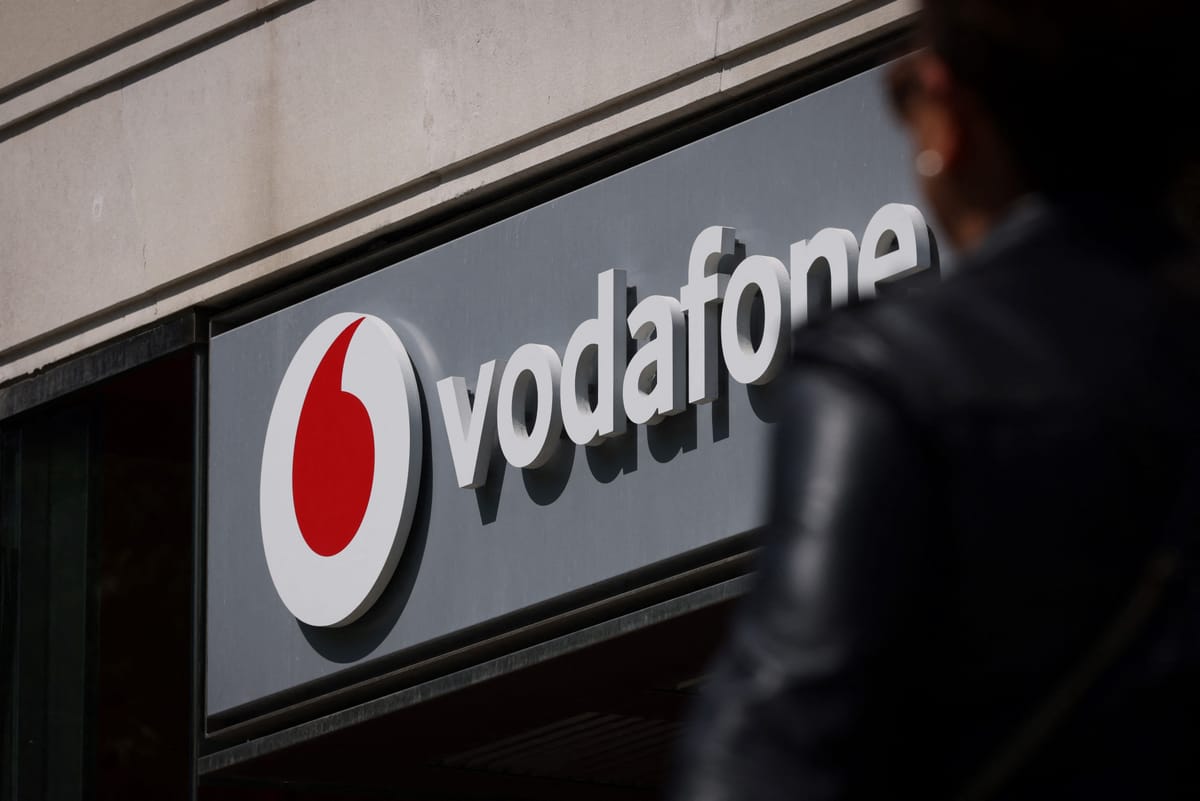UK Regulators Approve £15 Billion Vodafone-Three Merger with Conditions
UK regulators approve Vodafone-Three merger with £15 billion deal, promising 5G investment.

UK's Competition Regulator Approves Vodafone-Three Merger with Conditions
In a landmark decision, Britain’s competition watchdog, the Competition and Markets Authority (CMA), has given the green light to the highly anticipated Vodafone-Three merger. The £15 billion ($19 billion) deal, one of the biggest in the UK telecom sector, will combine the mobile operations of Vodafone and Three UK. However, the deal has been approved with certain conditions to ensure that it benefits consumers and maintains fair competition in the market.
What the Vodafone-Three Merger Means for the UK Telecom Market
This merger will create a dominant player in the UK mobile sector, giving the combined entity a 51% controlling stake and a customer base of 29 million users. The new company will be a formidable force in the telecom space, as Vodafone will lead the merged entity, while CK Hutchison, the parent company of Three, will hold the minority share.
The CMA has imposed key requirements to ensure the merger does not harm consumers. These include binding commitments from both Vodafone and Three to make significant investments in building a 5G network across the UK and maintaining competitive pricing structures for mobile services.
Key Conditions for the Merger's Approval
The CMA’s decision to approve the merger is not without strings attached. To proceed, Vodafone and Three must commit to investing billions in 5G infrastructure. Specifically, the companies are required to roll out their combined 5G network over the next eight years to support the growth of UK telecommunications and ensure that the country remains competitive in global connectivity.
In addition to the network rollout, the companies must agree to several other conditions to protect consumers and foster market competition:
- Capping Mobile Tariffs: Certain mobile tariffs and data plans will be capped for the next three years to prevent price hikes.
- Fixed Wholesale Contracts for MVNOs: Mobile virtual network operators (MVNOs)—companies that lease network access from other providers—will benefit from pre-set prices and contract terms to ensure they can continue offering affordable mobile services.
- Regulatory Oversight: The CMA and Ofcom, the UK communications regulator, will closely monitor the implementation of these measures to ensure compliance.
The Merger's Impact on the UK Telecom Landscape
With the merger now approved, the UK will see its telecom market shift from four major mobile players to three. This reduction in competition had been a key concern for regulators, who feared it might lead to higher prices or reduced service quality. However, the CMA concluded that the conditions placed on the deal would mitigate these risks and ultimately enhance competition in the market.
Kester Mann, director of consumer and connectivity at CCS Insight, commented that this deal represents a "significant moment" in the history of UK mobile telecoms. The merger is expected to create a new market leader capable of driving forward 5G development, offering consumers better services in the long run.
Regulatory Scrutiny and Timeline for Completion
The CMA had initially launched an antitrust investigation into the merger in January 2023, followed by an in-depth probe in April. After several months of examination, the authority finally laid out a path for approval in November. The CMA’s chairman, Stuart McIntosh, noted that while the merger would reduce competition, the agreed-upon measures would likely boost competition and provide long-term benefits to the UK mobile sector.
With approval now in hand, Vodafone has announced that the deal will be formally completed in the first half of 2025. As part of the agreement, Vodafone’s CEO, Margherita Della Valle, emphasized that the merger would bring the UK the investment needed to build the network infrastructure that the country deserves.
What’s Next for Vodafone and Three?
The merger is a clear step toward reshaping the UK mobile sector, but the full benefits may take several years to materialize. Paolo Pescatore, founder of PP Foresight, stated that the deal would take time to fully unfold. While the merger’s approval is a significant milestone, he noted that tough decisions lie ahead regarding investment strategies, infrastructure development, and customer service.
Potential Challenges and Opportunities Ahead
The deal brings both challenges and opportunities. On the one hand, Vodafone and Three now have the chance to combine their resources to create a cutting-edge 5G network, which could make the UK a leader in next-generation telecommunications. On the other hand, the new company will need to carefully manage its pricing structure, quality of service, and relationship with smaller MVNOs to ensure that it remains competitive in the long run.
As consumers and businesses increasingly rely on fast, reliable mobile networks, the success of this merger will be closely watched by stakeholders across the telecom industry. Both companies have committed to making their combined 5G network a cornerstone of the UK’s digital future, but how they balance this ambitious goal with consumer protection remains to be seen.
Conclusion: A New Era in UK Telecom
With the UK’s telecom market undergoing a major transformation, the Vodafone-Three merger marks the beginning of a new era. While concerns about competition and consumer pricing remain, the conditions imposed by the CMA and the commitment to significant 5G investment provide a framework for ensuring that the deal ultimately benefits both consumers and the broader telecom industry.
The next few years will be crucial as the merged entity works to integrate operations, develop its 5G infrastructure, and adapt to an ever-changing market. For now, the Vodafone-Three merger is a significant step forward for the UK mobile sector, offering both challenges and opportunities that will shape the industry for years to come.
